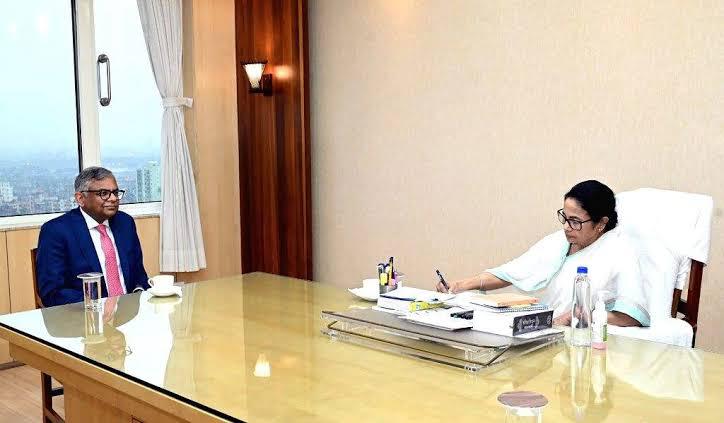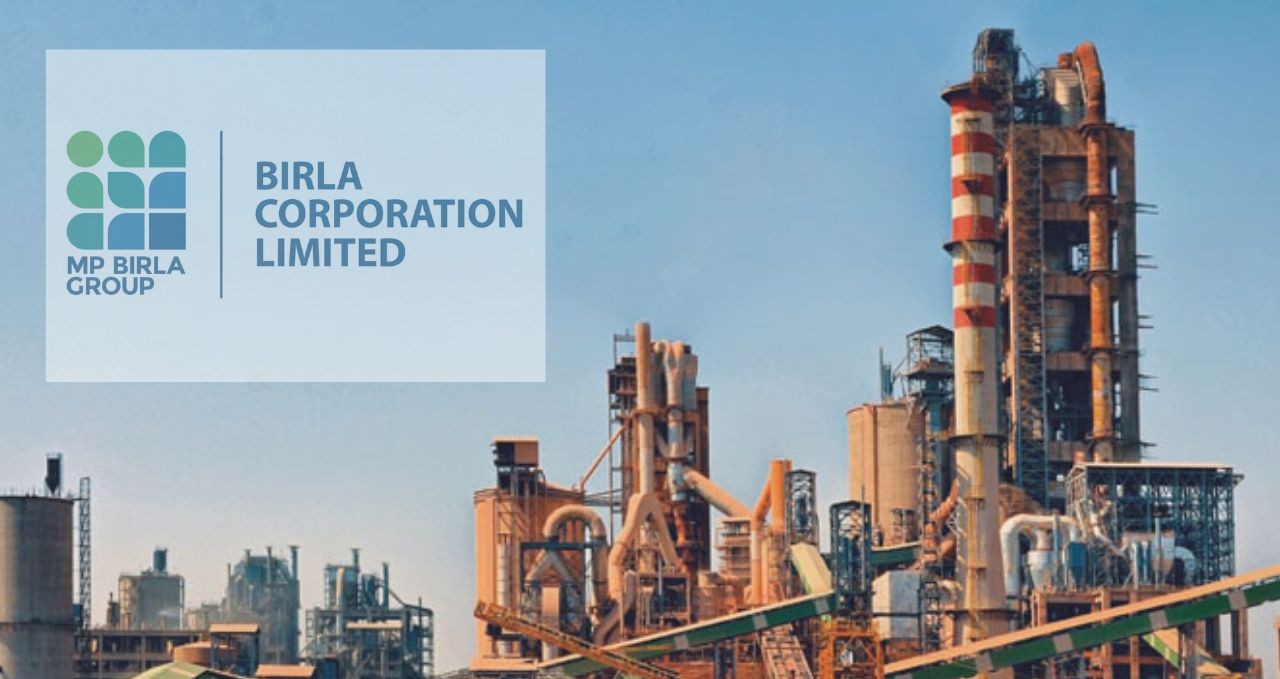 Image Source: Swadesi
Image Source: Swadesi
Key Highlights
West Bengal Chief Minister Mamata Banerjee and Tata Sons Chairman N Chandrasekaran held a pivotal meeting at the state secretariat, Nabanna, on July 9, 2025. This marks the first direct engagement between Banerjee and a Tata Sons chairman since she assumed office in 2011, signaling a thaw in relations nearly two decades after the high-profile Singur controversy that led to Tata Motors’ exit from Bengal.
• A Constructive Dialogue for Industrial Growth
The meeting, attended by senior state officials including Chief Secretary Manoj Pant, focused on deepening Tata Group’s presence in West Bengal and exploring new investment opportunities. Discussions reportedly included the creation of a land bank to facilitate future industrial projects and the possibility of launching direct Air India flights from Kolkata to Europe, reflecting the Tata Group’s expanding aviation interests.
Both sides emphasized Bengal’s emergence as a preferred destination for forward-looking industry leaders, with Banerjee highlighting the state’s improved land policies and pro-industry environment.
• Historical Context and Future Prospects
The backdrop to this meeting is the 2008 Singur episode, where Tata Motors withdrew its Nano plant following mass protests against land acquisition—an event that played a key role in Banerjee’s rise to power. For years, this incident defined a frosty relationship between the state and the Tata Group.
Recent interactions, including Banerjee’s outreach at the Bengal Global Business Summit and ongoing communication with Chandrasekaran, have paved the way for renewed collaboration. The latest meeting is widely seen as a step toward healing old wounds and fostering public-private partnerships to drive innovation, investment, and inclusive development in Bengal.
• Industry Reaction
The meeting has sparked optimism about potential Tata-led industrial projects returning to Bengal, with business leaders and political observers noting the state’s renewed push for industrialization and investment-friendly reforms.
Sources: Moneycontrol, The Hindu BusinessLine, NDTV, Sangbad Pratidin
Advertisement
Advertisement




